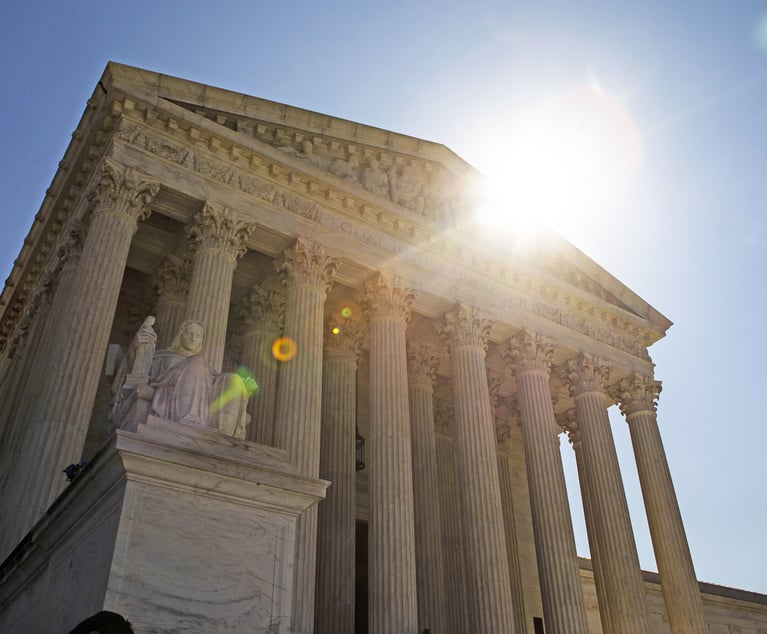On March 15, 2021, U.S. District Court Judge Vernon Broderick of the Southern District of New York granted Macau-based billionaire Ng Lap Seng’s motion for compassionate release based on the growing COVID-19 risk in federal prisons. United States v. Ng Lap Seng, No. S5 15-CR-706 (VSB), 2021 WL 961749 (S.D.N.Y. March 15, 2021). What made the decision particularly remarkable was that Ng was soon to be fully vaccinated for COVID-19, which prosecutors argued reduced the risk of his exposure to the illness while in prison. It may be too soon to tell whether Ng’s case will turn the tide of compassionate release as the vaccines became increasingly available—similar requests by scores of defendants have been denied—but it does point to possible avenues for securing compassionate release in other (non-COVID-19) scenarios.
Recent Developments
Following the alarming rate of COVID-19 outbreaks in the Federal Bureau of Prison (BOP) system, courts have received an influx of motions for compassionate release pursuant to the 2018 First Step Act (FSA). Codified in 18 U.S.C. §3582(c), the FSA was a bipartisan effort to reduce the federal prison population through the expansion of available mechanisms for an inmate to request a sentencing reduction Before the FSA, sentence reduction applications for federal prisoners had to be initiated by the Bureau of Prison (BOP). The FSA enabled federal prisoners to initiate the sentence reduction application after waiting a certain period of time or after a BOP refusal to initiate the application on their behalf. This sentence reduction remedy has been colloquially referred to as “compassionate release,” because the court may, and often does, reduce the sentence to time served, resulting in an immediate release.


 Photo Credit: Skyward Kick Productions/Shutterstock.com
Photo Credit: Skyward Kick Productions/Shutterstock.com




